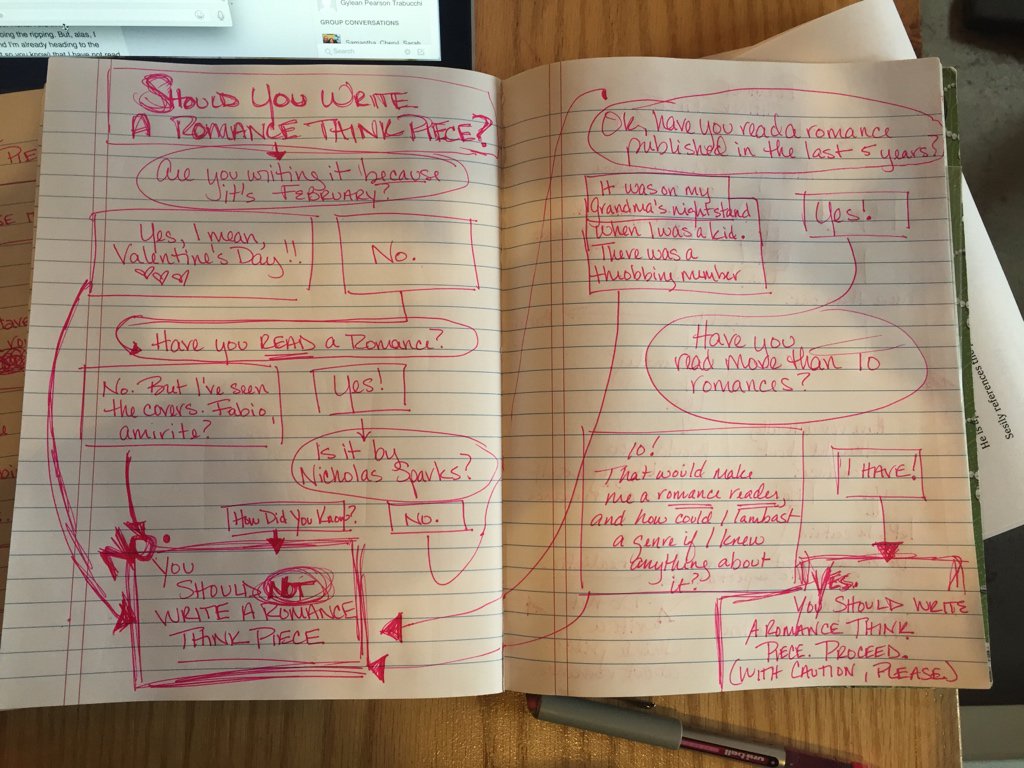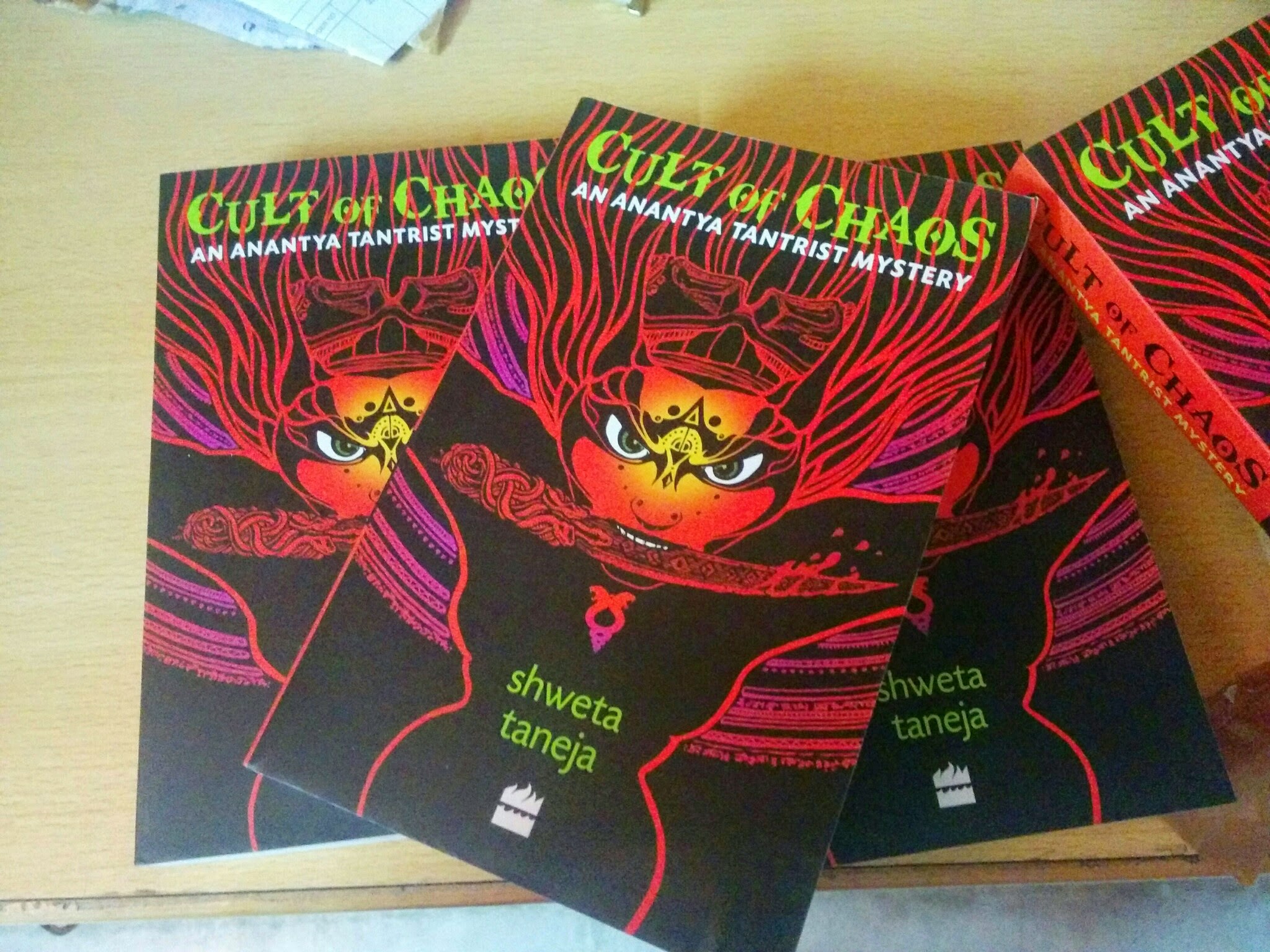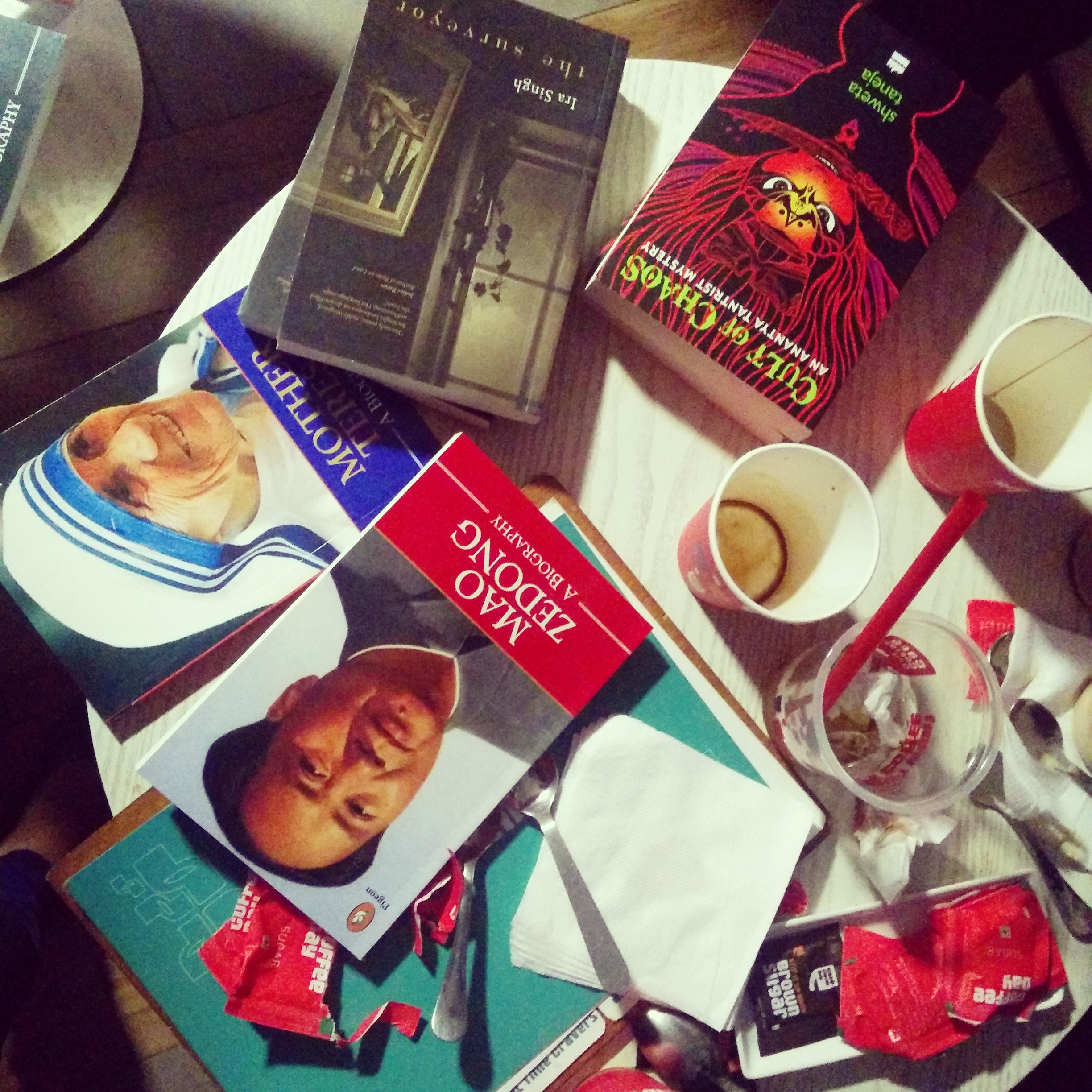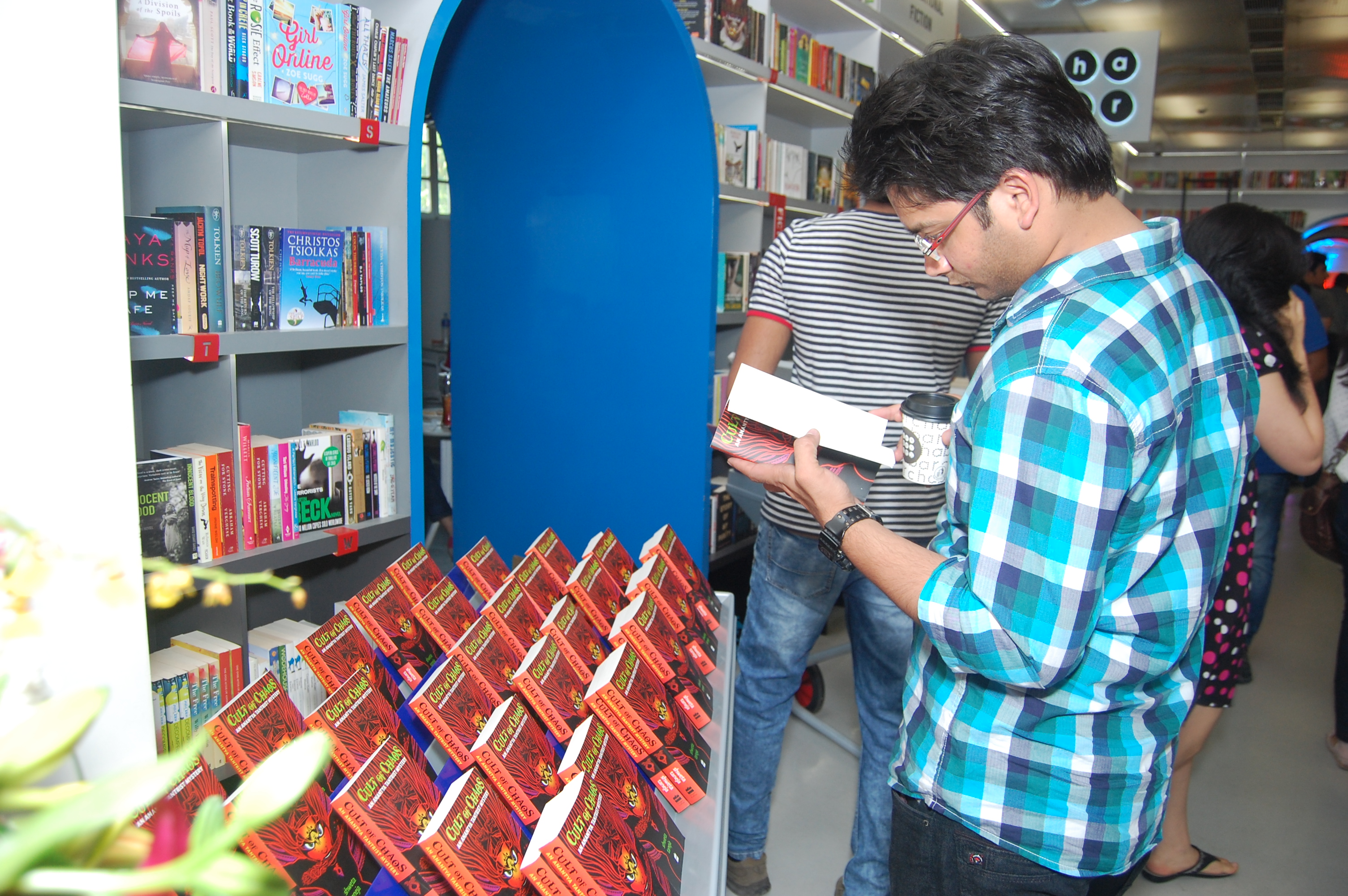In workshops at schools, at literary events, festivals, interactions with writers, strangers and friends, I’ve met some really funny responses to the fact that I am a writer. The awkward conversation starts in a party or a hangout, when you chat to a stranger. Or when one is trying to get through immigration or getting a passport renewed. (shudders)
‘What do you do?’ someone asks jovially, a drink down. Heading for another. ‘I write,’ I answer with my winning smile. Blank stare. ‘Books and articles and stuff,’ I try again. Blank stare. ‘I am an author,’ I venture. ‘An authorpreneur?’ I try again, my tongue doing Patanjali-trademarked yoga on the twisted word, desperate now, mentally kicking myself for paving in to the popular perception and respectability of the word ‘author’ rather than the more humdrum ‘writer’ which is how I see myself.
‘Oh,’ says the stranger.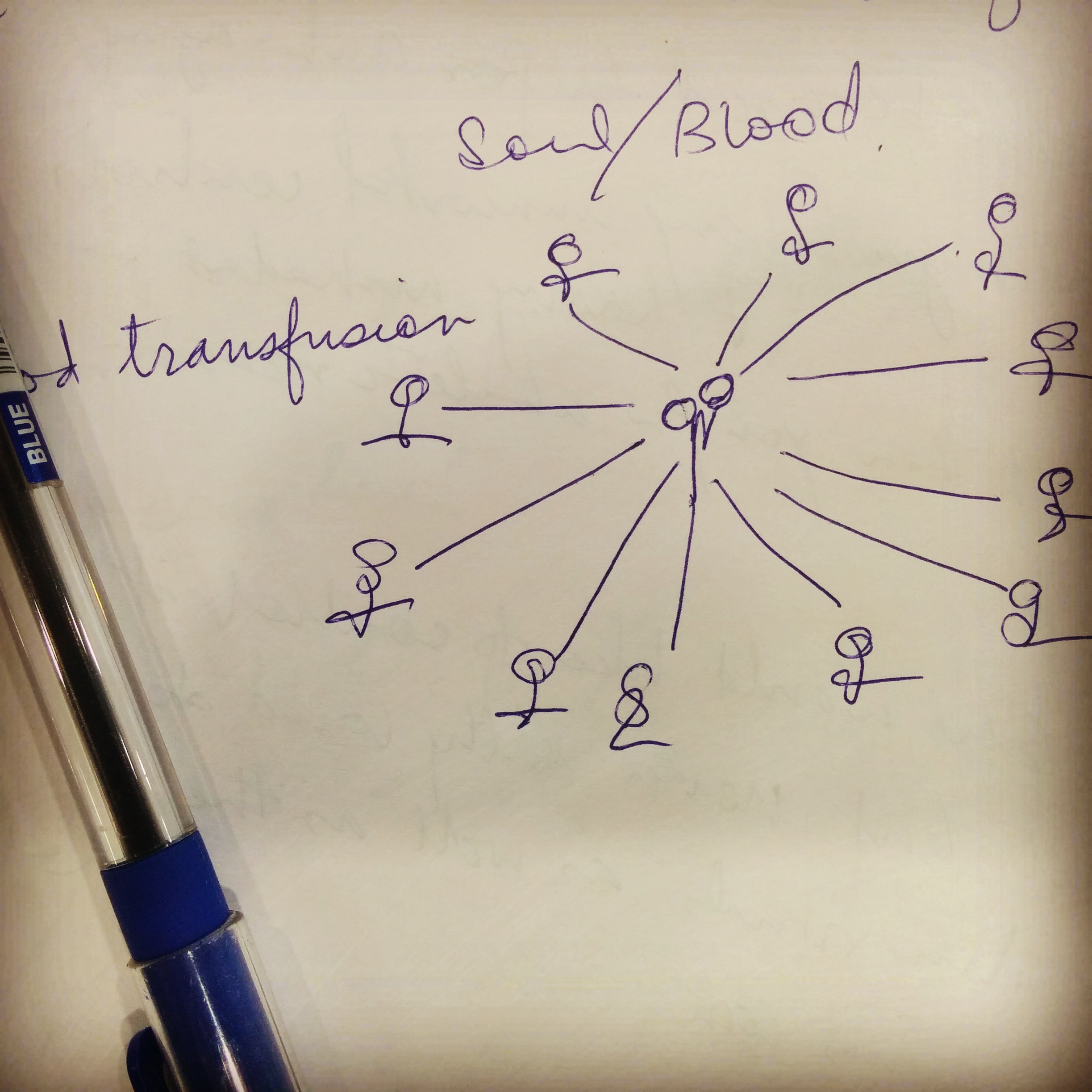
What follows can be any of these responses and my response to it.
‘You know, I’ve always wanted to write a book.’
‘Great. Write it.’
‘I have an idea about a book.’
‘Great, write it.’
‘I wish I could write.’
‘Practice makes people perfect.’
‘Will you write a book for me? I have an idea.’
‘No. Ideas are like flies. They’re everywhere. Why don’t you go flush yours down the toilet? See where that leads you?’
‘Do you make any money?’
‘Nope.’
Oh, you mean like Chetan Bhagat?’
‘Yes. We both write fiction.’
‘Give me your book, I want to read it.’
‘I don’t carry my book, the same way you don’t carry a factory or the excel sheets you make at office all day long.’
‘Will I get a free copy?’
‘Sure. Can I drill your empty head and stuff it with empathy. Please?’
‘Oh. I need a signed copy.’
‘Great. Order a book, call me. I am always up for signing copies.’
‘Acha hai. You have to do something for time pass.’
‘I am rather fascinated to find the overflowing vat of idiocy behind that bushel of hair that grows so proudly on your head.’
‘Isn’t writing a hobby?’
‘It can be. I just do it all day long.’
‘Wow! So you will become famous like Chetan Bhagat and earn lots of money?’
‘Not really. Most of us don’t earn. It’s a silly profession. Work hard, get nothing. We have no idea why we do it. But we do. Kind of like being addicted to alcohol. Or cigarettes. Or coffee.’
‘Why don’t you make a movie out of it and earn lots of money?’
‘Did I say I was a director?’
‘I have this fascinating idea, which I think will make a really good movie.’ (From a hair stylist, cutting my hair)
‘Ok-ay. (politely, since I did want a nice haircut) Did I say I was a producer?’
‘You don’t look like one.’ (From a rather judgmental 11-year-old)
‘Oh. See my name on the tag of this literary festival? See the name on the book I’m holding? Can you even read?’
‘Oh, I am so jealous. You have an easy life. Sitting at home, making stories.’
‘Try it, will you? Please do. Practice by staring at a screen all day long, waiting to see if your brain will work and produce a publishable phrase.’
‘So how do you earn?’
‘I don’t earn from books. Period. I get my income, depending on mood, from selling peanuts on the road or stealing from overpaid MBAs, by hitting them with a running shoe.’
‘So you will get famous soon?’
‘One hopes, but no. Most authors don’t.’
‘Where can I buy it?’
‘Everywhere. Do you go to bookstores?’
‘Sorry, I don’t read.’
‘What a loss of a perfectly sound brain. Oh, wait…’
‘How was the response to your latest book?’
‘Umm. How many times have you had sex this week? This month? …year?’
‘Really? What’s the name of your book?’
‘Cult of Chaos.’
‘Chhaas…what?’
‘Let’s go get drunk. Please.’
(Hurries away to get a drink.)
Cross published in DailyO and YouthKiAwaaz.
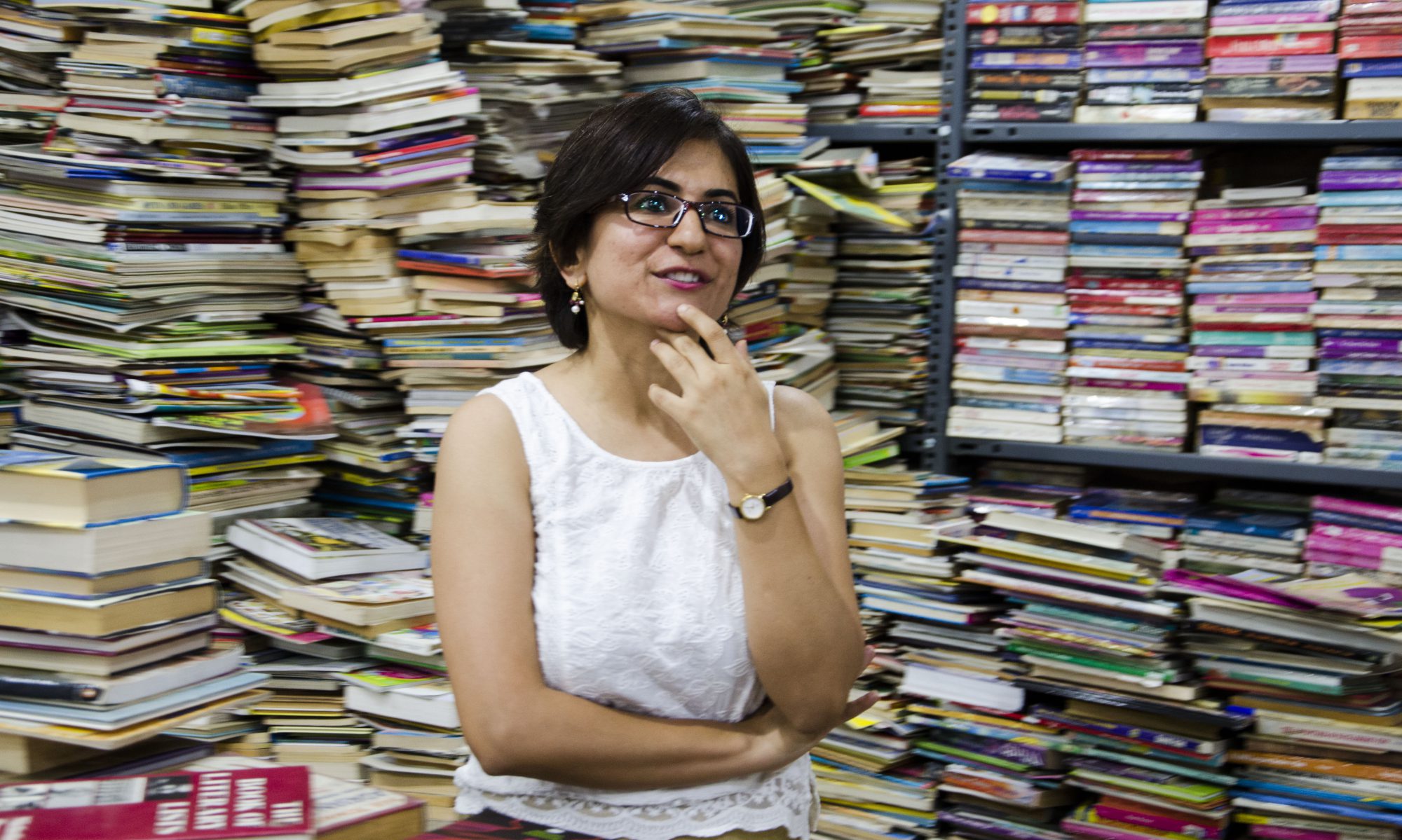
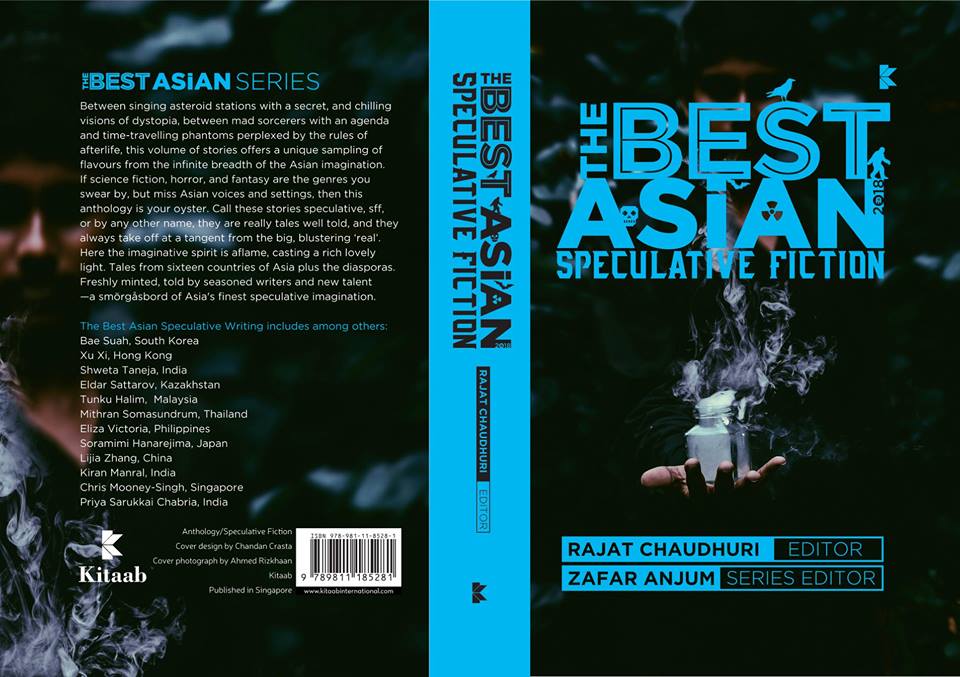
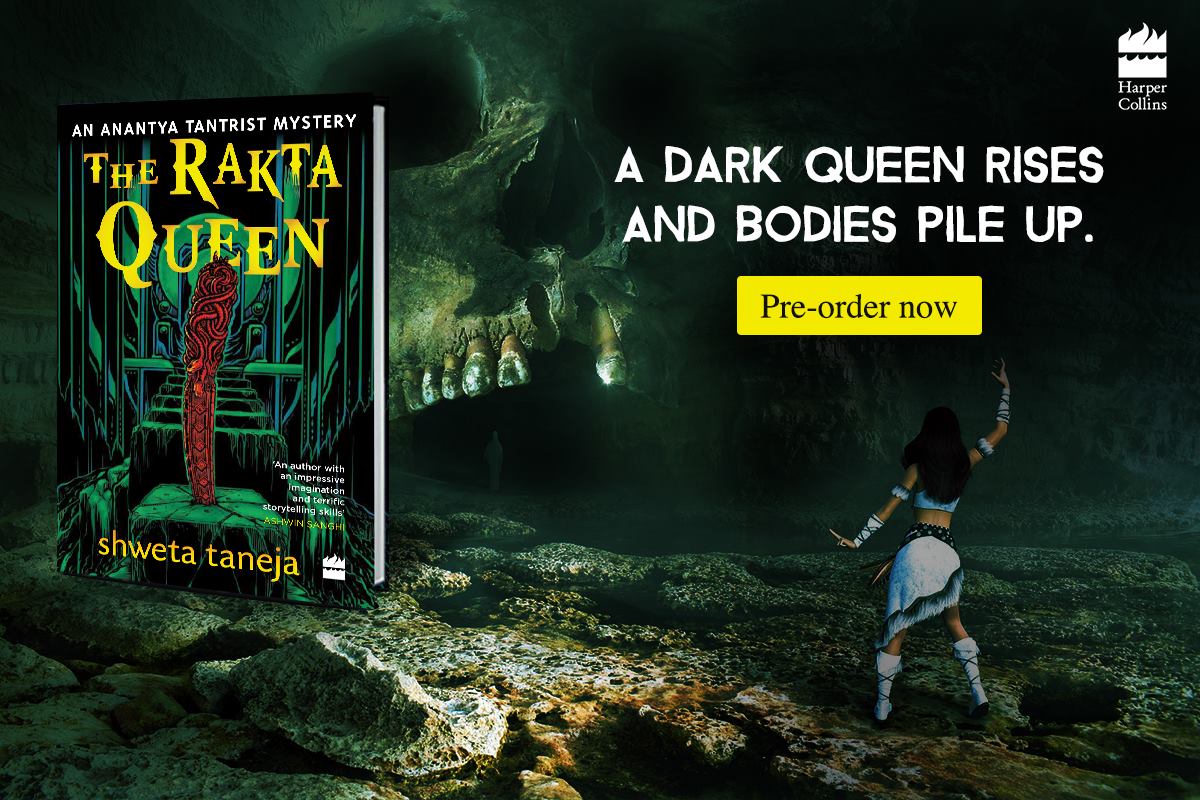

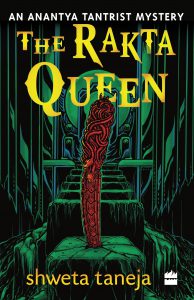
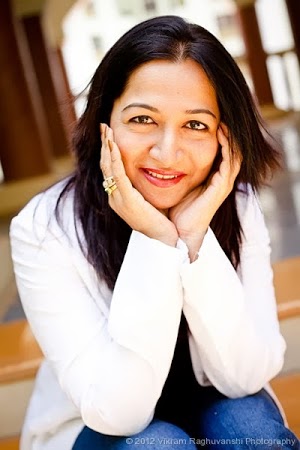

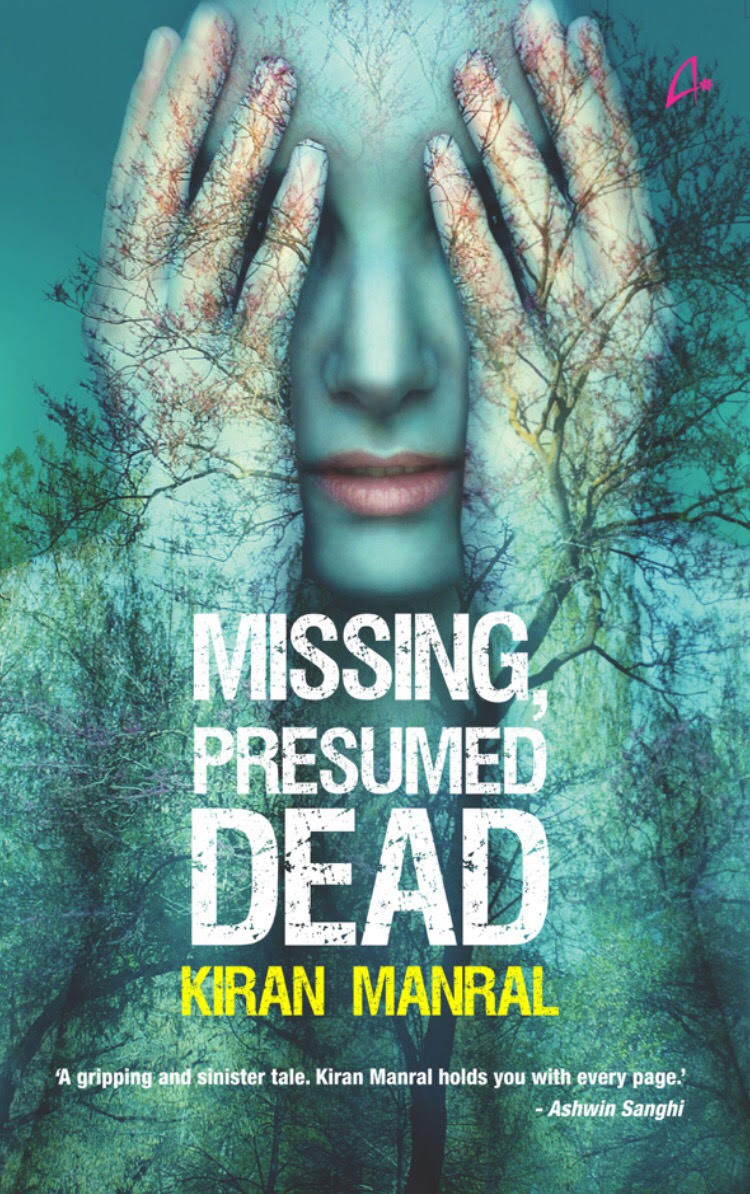 Because the books get written while life and work happens, the window to the Word file stays open, it gets looked at in the breaks between work, writing becomes my break from work. Writing becomes my play. And that’s why I wouldn’t have it any other way, but to swamp myself with things to do, and then run away to find myself in my writing.
Because the books get written while life and work happens, the window to the Word file stays open, it gets looked at in the breaks between work, writing becomes my break from work. Writing becomes my play. And that’s why I wouldn’t have it any other way, but to swamp myself with things to do, and then run away to find myself in my writing.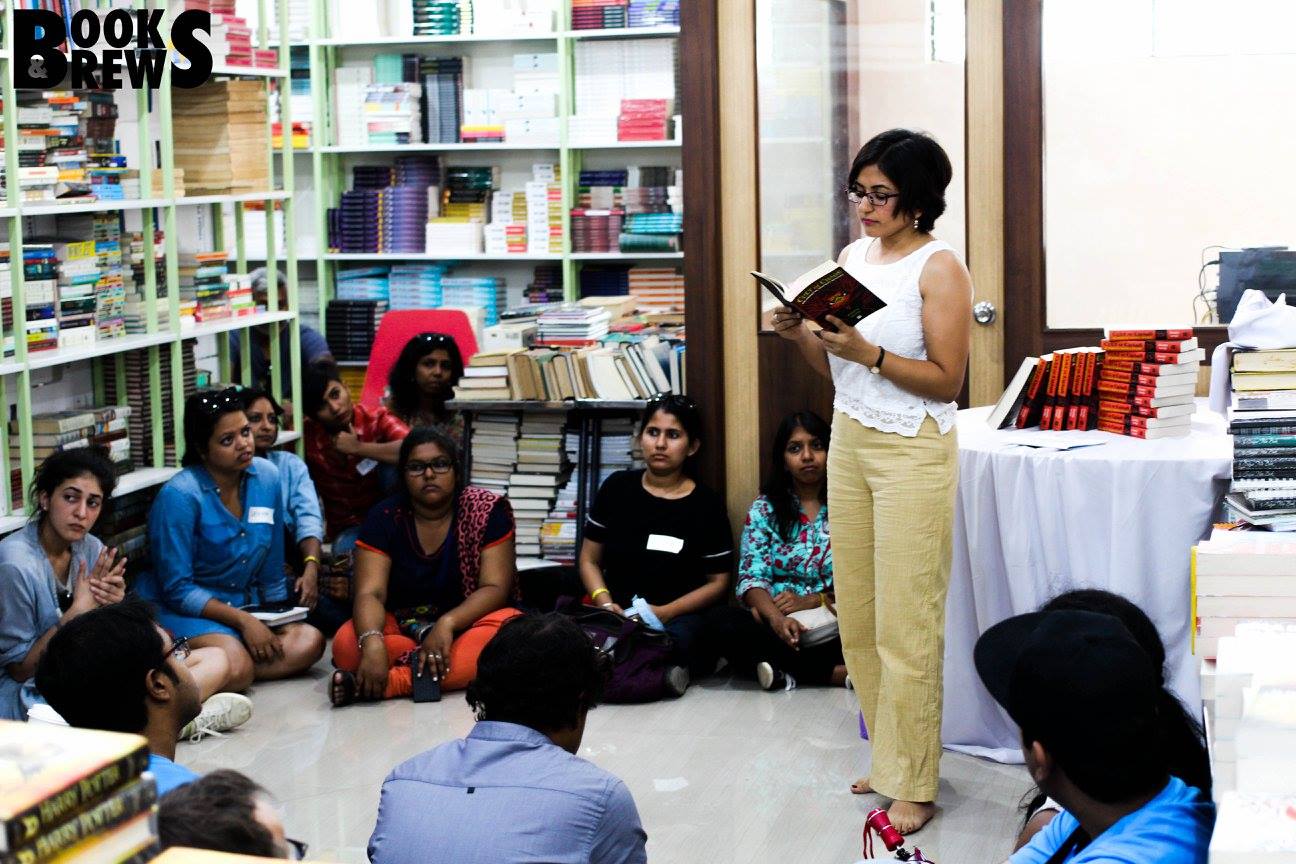
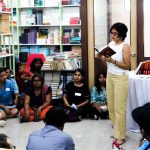
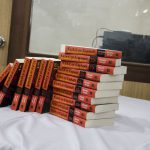
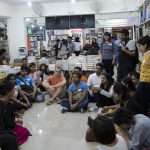

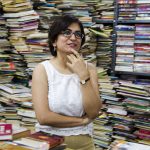
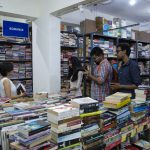
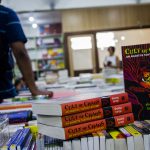
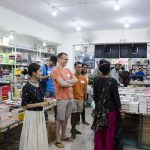
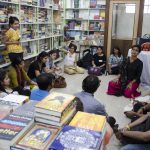
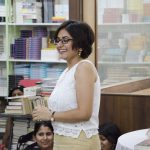
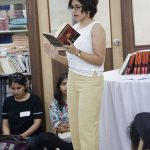
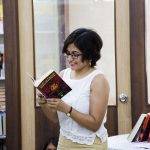
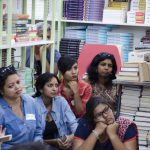
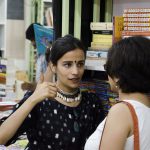
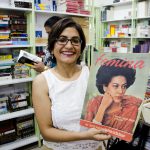
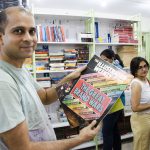
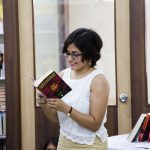
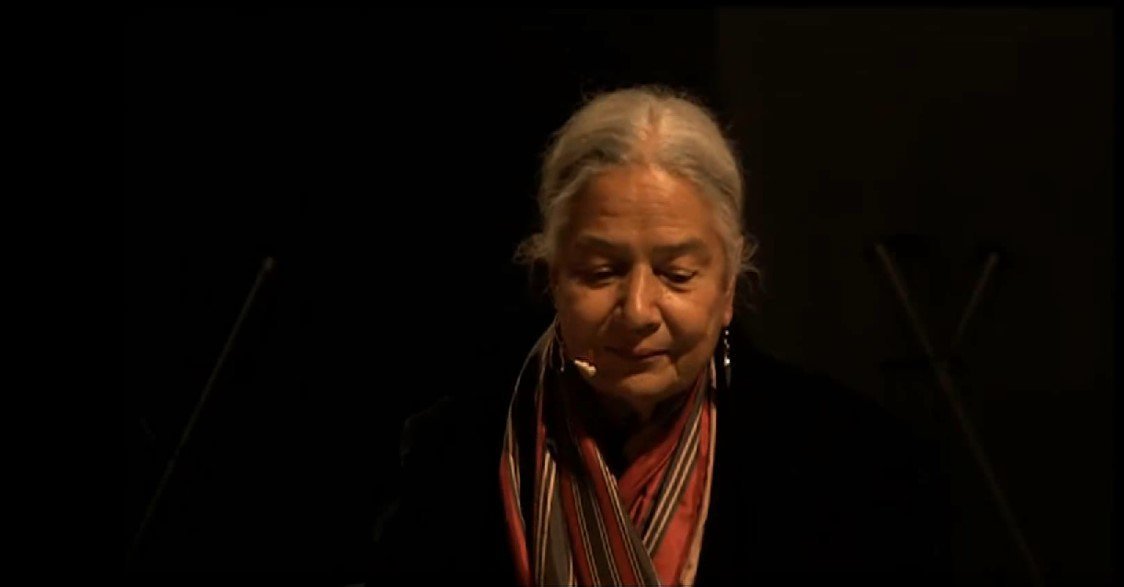
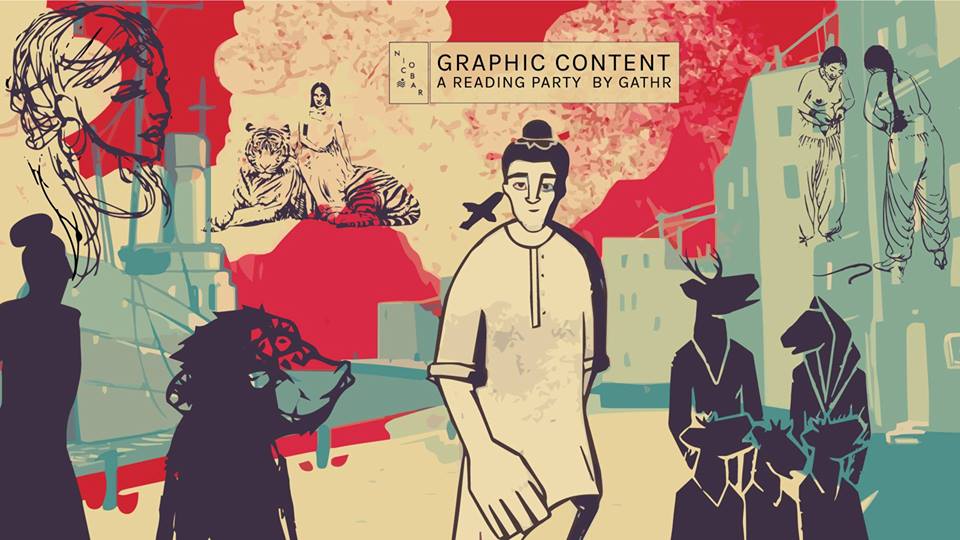
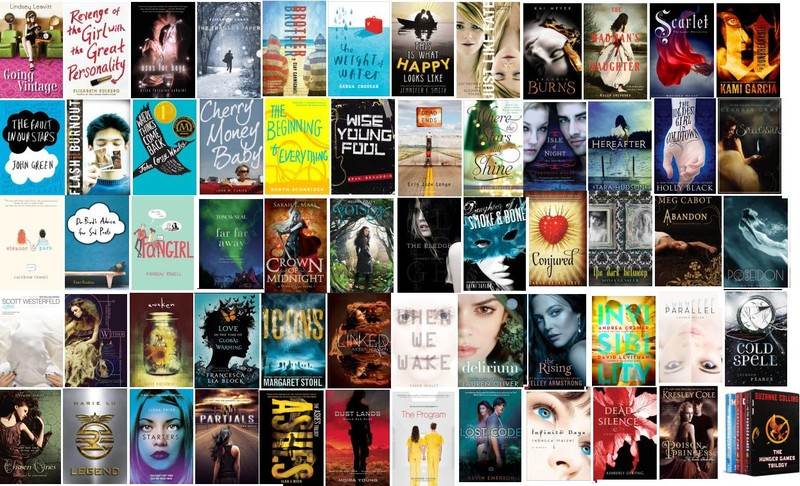
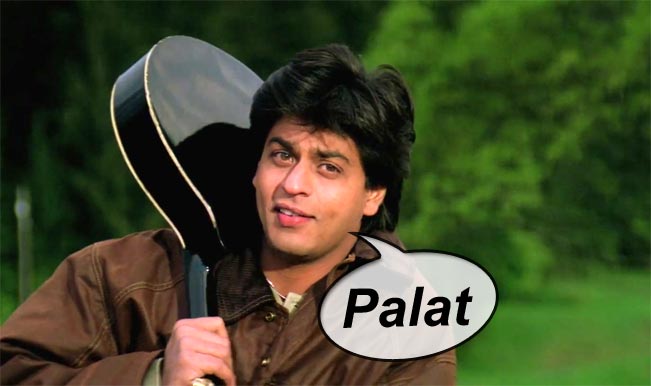 Umm. Frankly, all Indian writers, be it of any genre or creed, have thought about romance once in a while. After all, it’s the most selling genre in our country. I did seriously consider it for a second. I did!
Umm. Frankly, all Indian writers, be it of any genre or creed, have thought about romance once in a while. After all, it’s the most selling genre in our country. I did seriously consider it for a second. I did!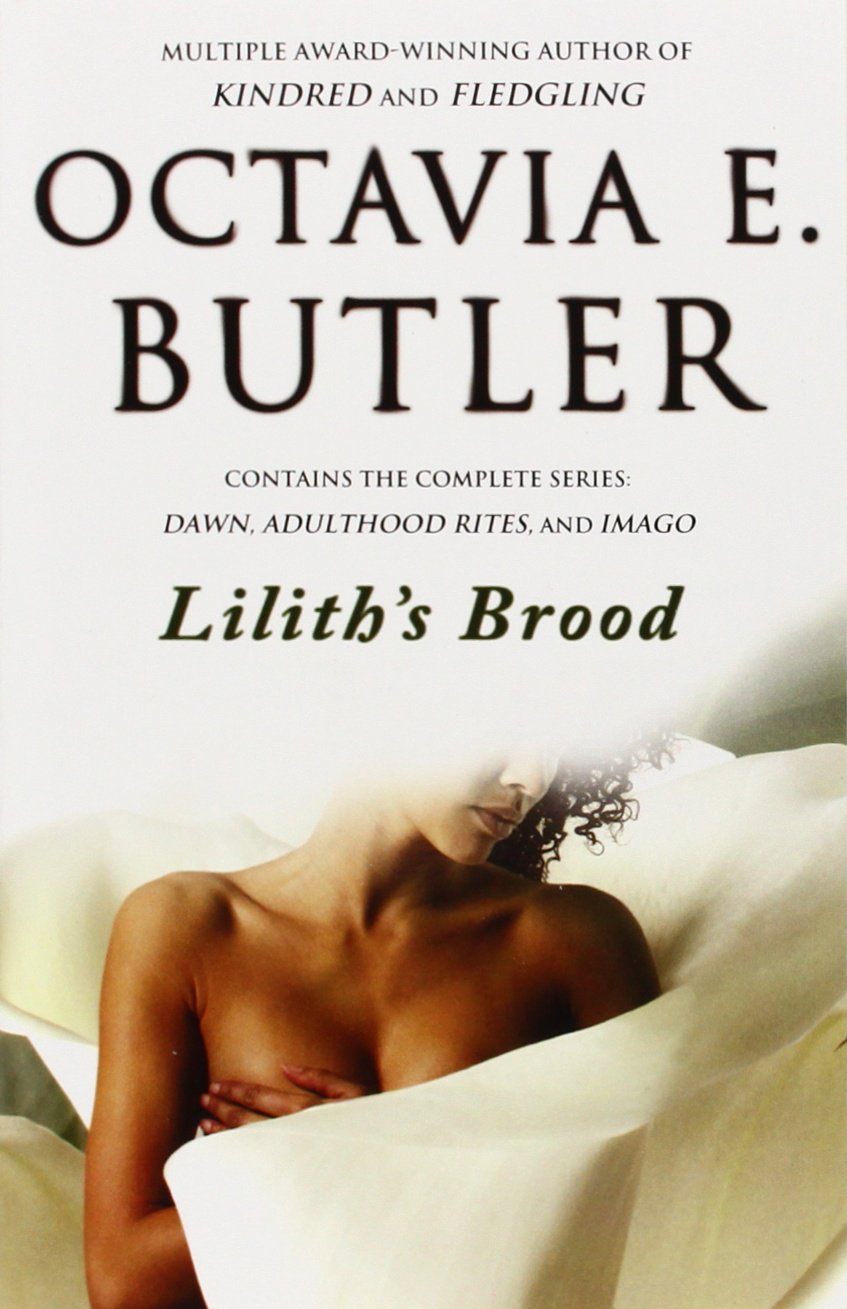 And then I remembered, that the last romance I read and appreciated was between the
And then I remembered, that the last romance I read and appreciated was between the 